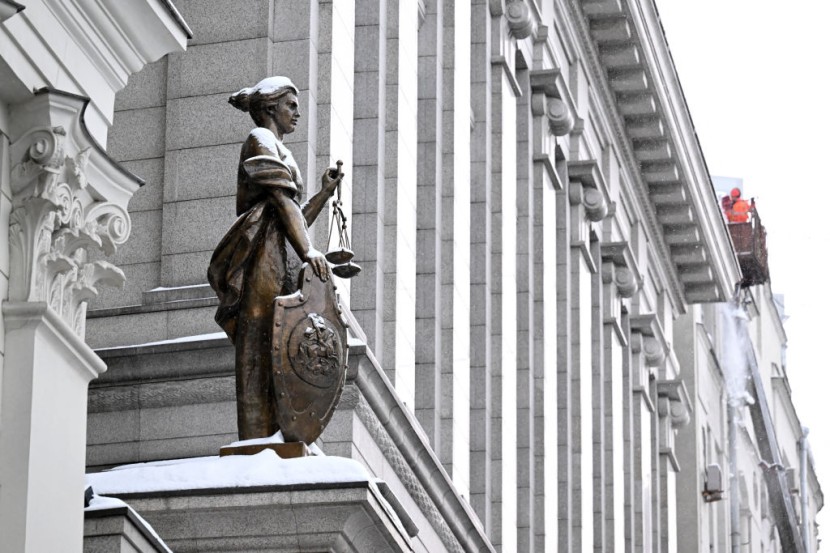In a historic decision, the highest court of Russia has labeled an "international LGBT public movement" as extremist, outlawing it. Gay and transgender rights advocates have expressed concern that this might further silence the LGBTQ+ community.
According to The Guardian, Russia has been steadily becoming more conservative ever since the conflict in Ukraine broke out, and this verdict effectively bans LGBTQ+ activity inside this nation. Anyone residing in Russia who identifies as gay, lesbian, transgender, or queer and is judged by the authorities to be a member of the movement might face long jail terms under the extremist classification.
Although the "international LGBT movement" is not a legally recognized organization in Russia, the government uses the phrase to describe a group of people who identify as LGBT in a broad sense. Earlier this month, the justice ministry asked to classify this group as extremist without specifying what exactly the term meant.

A Vague Phrase
Human rights advocates have argued that the ruling's vague language permits the Russian government to prosecute whomever it deems to be associated with the public movement because of the ruling's stated objective.
Igor Kochetkov, president of the rights group Russian LGBT Network, told The Guardian, "Even though there is no such thing as an international LGBT movement, it is clear that all legal activities of LGBT organizations will be impossible in Russia."
Lucy Shtein, a Russian political activist and member of the Pussy Riot art group, said that everyone who identifies themselves as part of the LGBTQ+ movement could now become a target.
See Also : Jesus Ociel Baena: Mexico's First Openly Non-Binary Magistrate Found Dead Following Death Threats
Russia's Stance on the Community
In the past, the Kremlin has prosecuted political opponents, human rights organizations, and independent media under extremist labeling. Among those who have been sentenced to long terms were those who were associates of Kremlin critic Alexei Navalny.
A new campaign to promote "traditional values" has been spearheaded by Russian President Vladimir Putin since the outbreak of the conflict in Ukraine. Anti-gay rhetoric has been central to Putin's political platform. Using the European Union's support for LGBT rights as an example, Putin has previously said that the West is "moving towards open satanism" in his statements.
The LGBTQ+ community in Russia has been the target of many other policies, according to ABC News. The "gay propaganda" bill, passed by the Kremlin in 2013, was the first piece of legislation limiting LGBTQ+ rights. It forbade the public promotion of nontraditional sexual relations among children. The 2020 constitutional changes that Putin successfully pushed through to secure two more years in power also contained a clause that made same-sex marriage illegal.
© 2026 HNGN, All rights reserved. Do not reproduce without permission.








